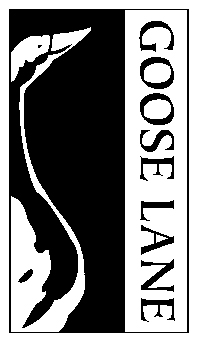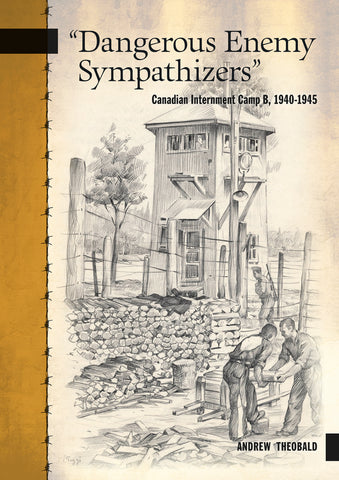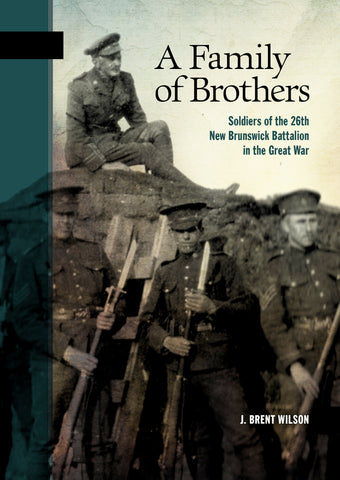Hope Restored (eBOOK)
120 pages
Published: September 30, 2011
Non-Fiction / NB Military Heritage Series
ePub: 9780864925732 $16.95
Published by Goose Lane Editions with the Gregg Centre for the Study of War and Society
Few Canadians realize how close the colony of Nova Scotia came to joining the American Revolutionary War in 1775. Many Nova Scotians were immigrants from New England, including the Planters who, some twenty years earlier, had taken over the farms of the expelled Acadians. Between family ties and unrestrained privateering, there was much sympathy in Nova Scotia for the American Patriots.
Published: September 30, 2011
Non-Fiction / NB Military Heritage Series
ePub: 9780864925732 $16.95
Published by Goose Lane Editions with the Gregg Centre for the Study of War and Society
Few Canadians realize how close the colony of Nova Scotia came to joining the American Revolutionary War in 1775. Many Nova Scotians were immigrants from New England, including the Planters who, some twenty years earlier, had taken over the farms of the expelled Acadians. Between family ties and unrestrained privateering, there was much sympathy in Nova Scotia for the American Patriots.
In Hope Restored, Robert Dallison tells the story of how the British raised two regiments and sent their members to the area that, as a result, became New Brunswick, thus overcoming the groundswell and fending off Patriot attacks. These soldiers had two jobs: to fight the Americans, and to settle the land as a bulwark against invasion. Spem reduxit (hope restored) became their motto and the motto of the province they founded.
As well as telling the story of the Loyalist regiments, Hope Restored describes many Loyalist and Revolutionary War sites, some of which can be visited today. Among them are the Loyalist Encampment and Cemetery in Fredericton, Saint John's Fort Howe, and the MacDonald Farm Provincial Historic Park in Northumberland County.
Hope Restored is the second book in the New Brunswick Military Heritage Series published by Goose Lane Editions in collaboration with the New Brunswick Military Heritage Project. Written by historians and military personnel, the books in this series will explore subjects ranging from New Brunswick's pivotal role in the American Revolution to one veteran's account of caring for World War I cavalry horses. All of the volumes will be fully illustrated with modern and archival maps, photos, and works of art and are available at all bookstores in New Brunswick.
As well as telling the story of the Loyalist regiments, Hope Restored describes many Loyalist and Revolutionary War sites, some of which can be visited today. Among them are the Loyalist Encampment and Cemetery in Fredericton, Saint John's Fort Howe, and the MacDonald Farm Provincial Historic Park in Northumberland County.
Hope Restored is the second book in the New Brunswick Military Heritage Series published by Goose Lane Editions in collaboration with the New Brunswick Military Heritage Project. Written by historians and military personnel, the books in this series will explore subjects ranging from New Brunswick's pivotal role in the American Revolution to one veteran's account of caring for World War I cavalry horses. All of the volumes will be fully illustrated with modern and archival maps, photos, and works of art and are available at all bookstores in New Brunswick.
+Show more
Author
Born in Montreal in 1935, Robert Leonard Dallison attended both the Royal Roads Military College and the Royal Military College of Canada and, following graduation in 1958, was commissioned into the Princess Patricia's Canadian Light Infantry. He received a BA (history) from RMC and a BA (history and international studies) from the University of British Columbia. He served for thirty-five years with the Canadian Army, obtaining the rank of lieutenant-colonel, and ending his career as chief of staff of the Combat Arms School at CFB Gagetown. After retiring, he maintained his life-long interest in history and heritage, including serving as the President of Fredericton Heritage Trust and as the New Brunswick representative on the Board of Governors for Heritage Canada. From 1992 to 2002, he was director of Kings Landing Historical Settlement. Retired again, he is currently living with his wife Sharon in Fredericton.
Reviews
"Relate[s] the interplay between military affairs and the formation and evolution of the province . . . Humanistic stories, both general and specific . . . give an appreciation of the peoples that came to found the eventual Canadian province . . . Often heart-wrenching . . . An excellent overview of the location and importance of sites of interest and resting places of key Loyalists." — Canadian Historical Review
Customer Reviews
Based on 2 reviews
Write a review








